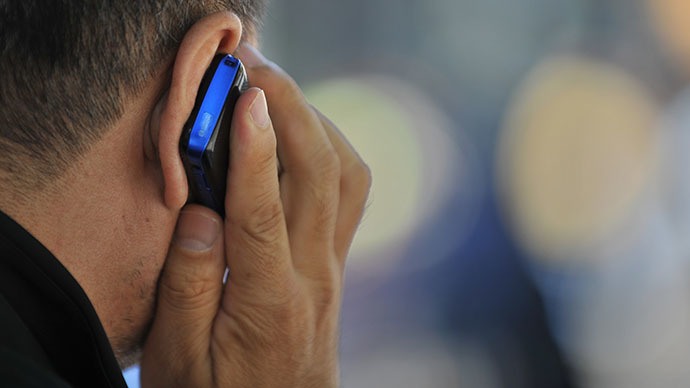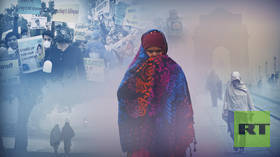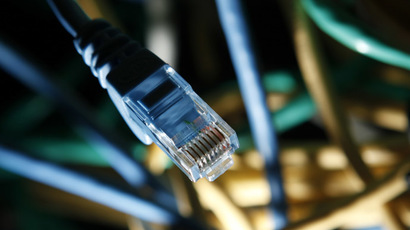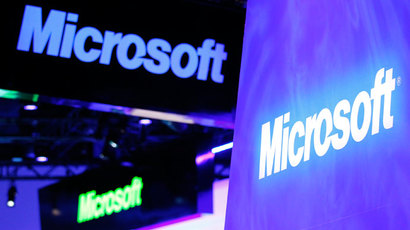Snowden leak reveals NSA tracks cell phone locations on unprecedented scale - report

The US National Security Agency collects and logs almost 5 billion cellphone records each day indicating a user’s location around the world, according to a new report from the records leaked by former NSA contractor Edward Snowden.
The program gives intelligence analysts the ability to track the movements of individuals throughout the world and map any social connections they have. Though suspicions have been high that geo-location was included within the intelligence agency’s widespread surveillance data nets, the latest report looks to be the first real confirmation of such an ability on an unprecedented scale.
According to the new information, the NSA does not intentionally seek an American cell phone user’s location but does force companies to turn over so much data that the location information is “incidentally” obtained. The Washington Post, which published the report Wednesday, noted that “incidental” is a legal term indicating that a result is possible in the future but not definite.
A senior collection manager, speaking to the paper with permission from the NSA, said “we are getting vast volumes” of location details, a natural result of the NSA monitoring the global mobile networks.
The far-reaching surveillance capabilities mean analysts are able
to identify an individual cell phone anywhere in the world,
retrace its communication, and investigate the ties that owner
has with anyone he spoke to or has listed in his contacts.

The quantity of intercepted data is so vast that a May 2012 briefing notes it is “outpacing our ability to ingest, process and store” that very information.
Officials maintain that their tactics, which also analyze the location data, are legal and designed only to gather information about foreign threats to the United States.
General Counsel for the Office of the Director of National Intelligence Robert Litt told the Post “there is no element of the intelligence community that under any authority is intentionally collecting bulk cellphone location information about cellphones in the United States.”
The NSA relies on 10 signals intelligence activity designators
(SIGADs) located around the world to collect the data.
One sigad called STORMBREW takes information from two corporate
partners identified only as ARTIFICE and WOLFPOINT, according to
the NSA documents. The “NSA asks nicely for
tasking/updates” or pushes the companies to install
“physical systems” that work as a back-door for the
government.
Mobile phones broadcast their location even when they are not attempting to send a text message or complete a call. Location data has become a hot-button issue for privacy advocates, with the American Civil Liberties Union seeking to prevent police from tracking suspects via their phone carrier.
Yet the NSA collects such data in wide swaths because its analytic tools, the most powerful of which are known collectively as CO-TRAVELER, can reportedly sift through the massive data trove and identify points where intelligence targets’ locations are near each other.
“One of the key components of location data, and why it’s so sensitive, is that the laws of physics don’t let you keep it private,” said Chris Soghoian, principal technologist at the ACLU. There are options for a person to hide their identity online, but “the only way to hide your location is to disconnect from our modern communication system and live in a cave.”













